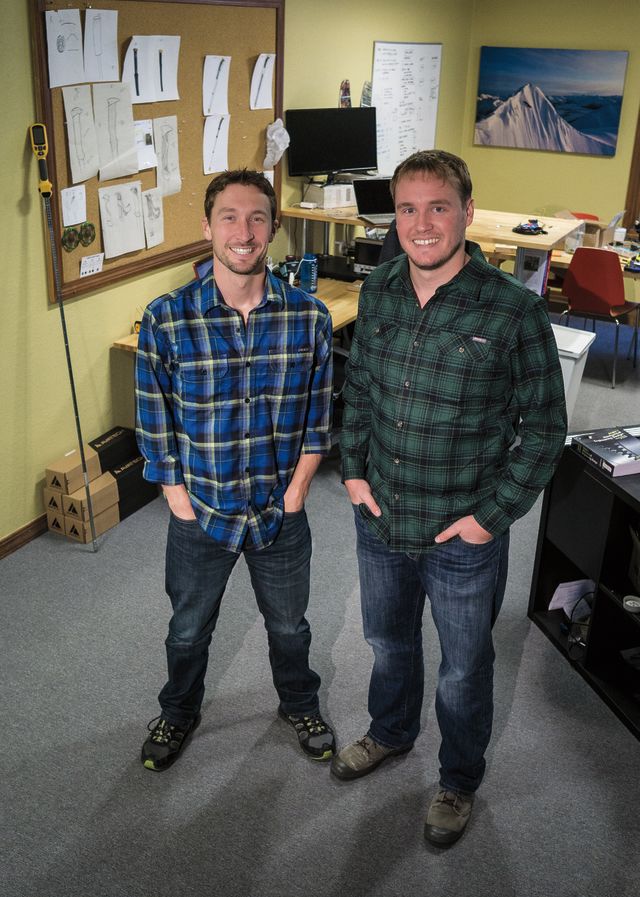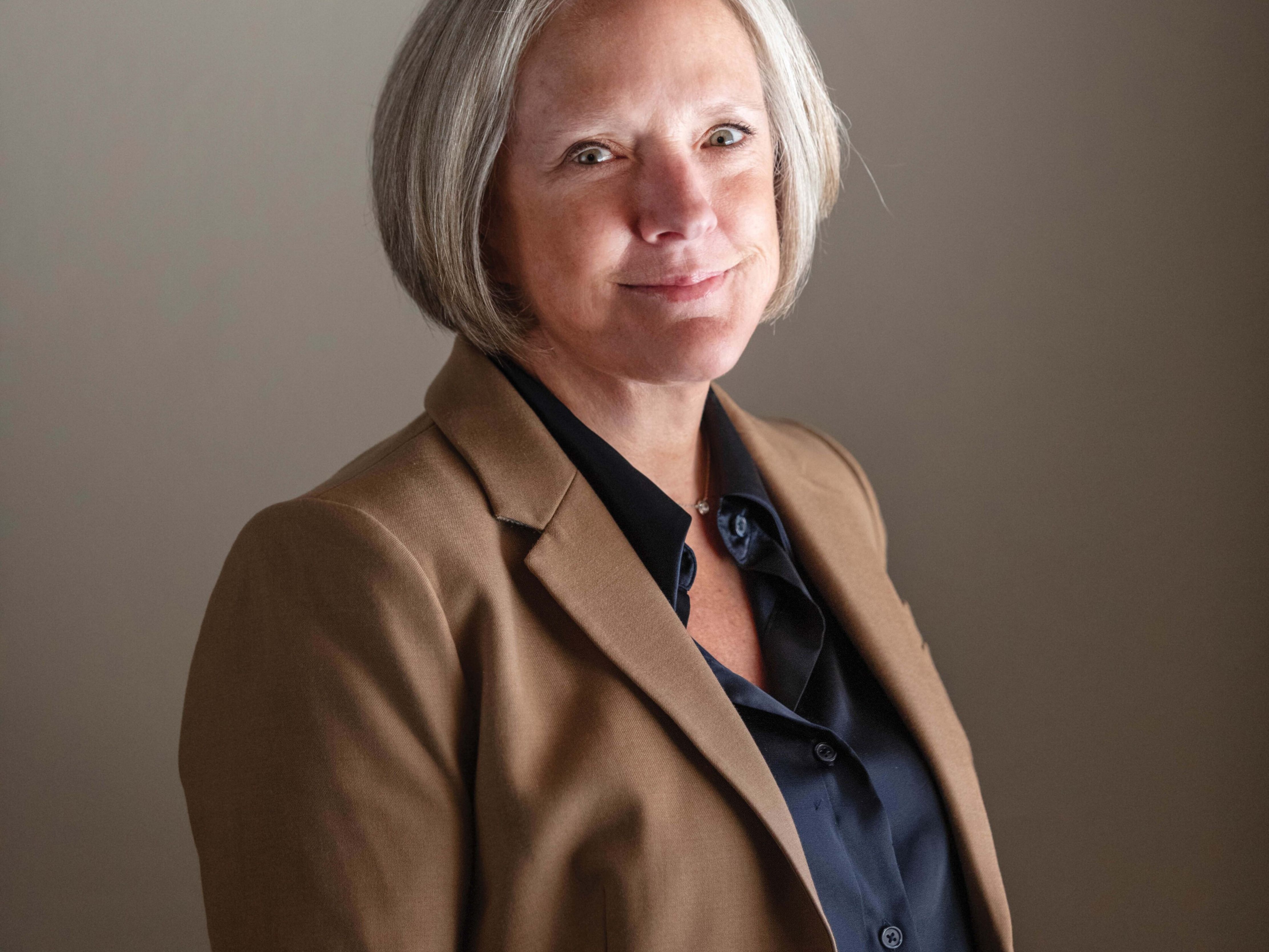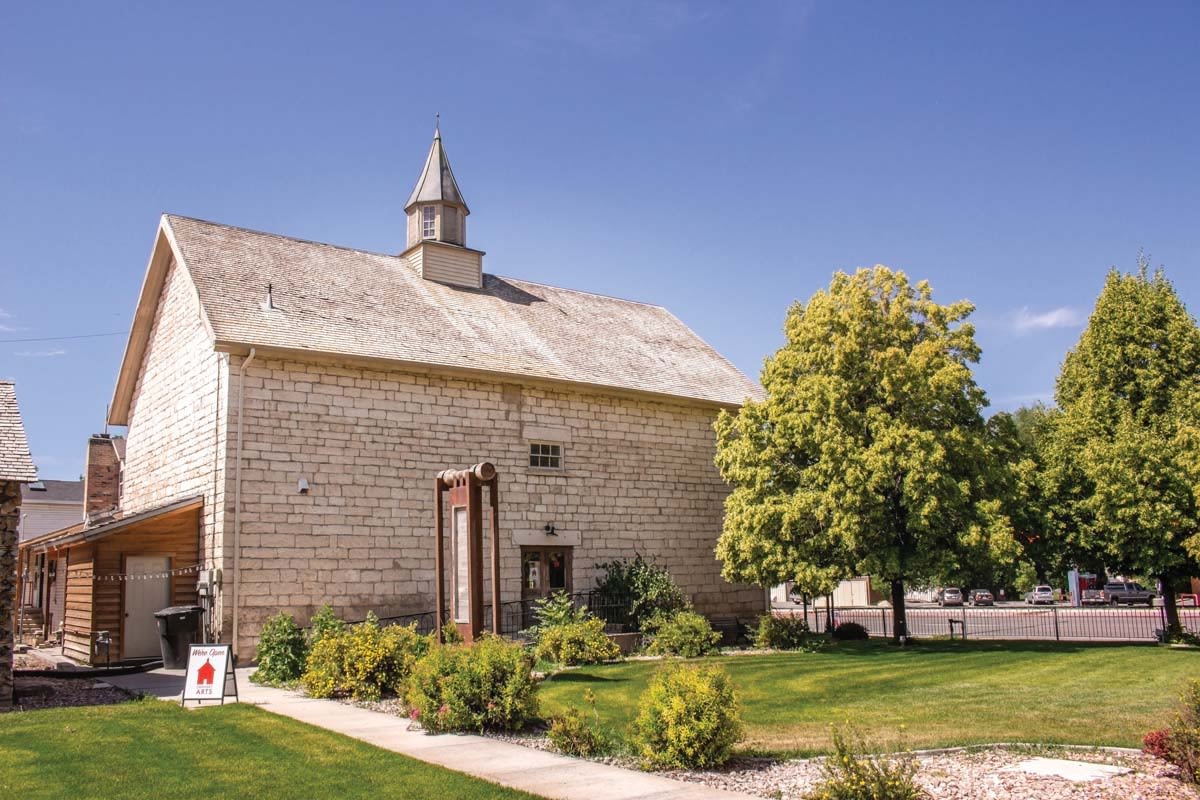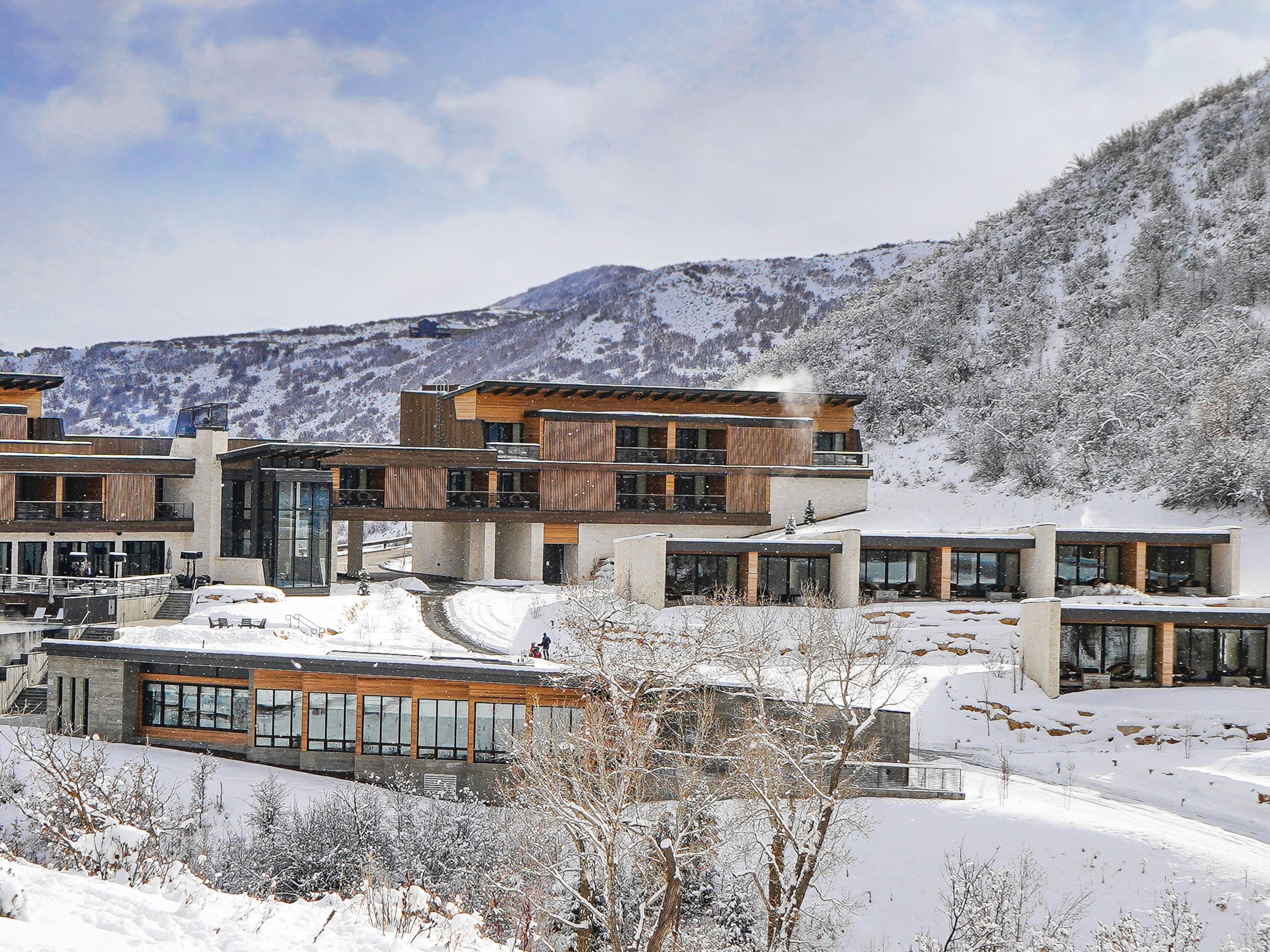Betting on the Little Guy

Avatech confounders Brint Markle (left) and Jim Christian at their Bonanza Park headquarters.
Image: Avatech
Avatech may be a tech start-up, but its Bonanza Park–area headquarters are about as far from the Google/Yahoo ideal as you can get: there are no stability balls, no ice cream machines, and not a single beer on tap. All that fluff, used to attract talent to many Silicon Valley start-ups, is unnecessary here. The biggest perk of working for Avatech is simple: Park City’s mountain-focused lifestyle. “We could have chosen to move the company anywhere, but after taking a look at Park City, we knew it was where we wanted to be,” says Jim Christian, Avatech cofounder and VP of product.
Christian and fellow cofounder and CEO Brint Markle came up with the idea for the SP Smartprobe snowpack analysis tool while both were still graduate students at MIT. In 2013 they founded Avatech, which, in addition to the SP1 and SP2, now also includes the world’s first crowd-sourced, global mountain-safety information platform, called Avanet.
In 2014 when Christian and Markle were finished with school and ready to relocate Avatech, Park City’s relatively low cost of living, airport proximity, and “piles of snow” quickly put Utah’s largest mountain town on their shortlist. But what tipped the scales turned out to be something almost unheard of in the Mountain West: the Park City Municipal Economic Development (ED) grant. “The prospect of landing an ED grant to help cover the costs of moving to Park City was a big part of the relocation vetting process,” says Thomas Laakso, Avatech brand president.
Park City Municipal’s grant program—funded by the city’s general fund and the Lower Park and Main Street redevelopment agencies—was created in 2004 to help diversify the town’s destination tourism–based economy. “Beyond investing in the business end of these companies, these grants are about investing in the kind of businesses we want to have in the community: businesses run by real people who live here rather than big corporations,” says Jonathan Weidenhamer, Park City Municipal’s economic development manager.
Late last year the Park City council agreed to more than double the annual ED grant ceiling from $20,000 to $50,000 for fiscal year 2016, the only increase since the first grant was awarded in 2005. “These grants represent a much greater community benefit not associated with numbers,” says Councilmember Tim Henney. “And they directly address the city’s goal to be an inclusive community of diverse economic opportunities.”
ED grant recipients have done well, for the most part. In 2009, David Perkins received $11,000 to expand his well-known High West Distillery. And in 2014, Soul Poles—manufacturers of eco-friendly ski poles, founded by former US Ski Team racers Bryon Friedman and Erik Schlopy—was awarded $20,000 to relocate from the Silver Summit area to its current headquarters on Munchkin Road. Other recipients have included Robbie Stout and Anna Davies, whose $20,000 ED grant helped the pair relocate their craft chocolate business, Ritual Chocolate, from Denver to Park City last year. “The money really helped us bridge the gap,” Davies says. “It helped cover the build-out before we opened the retail store. It also felt really good to get support from the city, that acknowledgment of we want you here.”
Not every investment has led to positive returns, however. The Oquirrh Institute (a think tank also known as the Park City Institute for Public Policy) folded just two years after receiving a $10,000 ED grant in 2006. The fate of Local Tourist, a vacation-planning website, was the same after it received a $15,000 ED grant in 2010.
Neither Whistler nor Aspen offers such taxpayer-funded small-business incentives, and neither do most other ski towns. Telluride and other small communities in western Colorado participate in a small-business support organization called Region 10, but the nonprofit offers fixed-interest-rate commercial loans, not grants.
Last November, Avatech launched Avanet mobile, a mountain safety app that crowdsources snow, weather, and avalanche conditions data (free at the Apple App Store for the basic version; $5 per month for more advanced features; $10 per month for pro users). The app also records distance traveled and elevation gained for bragging rights. And then in December, the company was on track to become the city’s latest ED grant recipient.
“We want your company to help transform the business landscape here,” Henney said when Avatech’s grant application was presented to Mayor Jack Thomas and the city council in late October. “By paying your staff a living wage, you give them the ability to give back to the community, which is exactly the kind of businesses we want to support.” Avatech plans to use the grant to backfill relocation expenses, purchase tools for their hardware bay, and expand their space as the company grows.
“Park City is our home,” Markle says. “We want to be a Park City success story.”







































